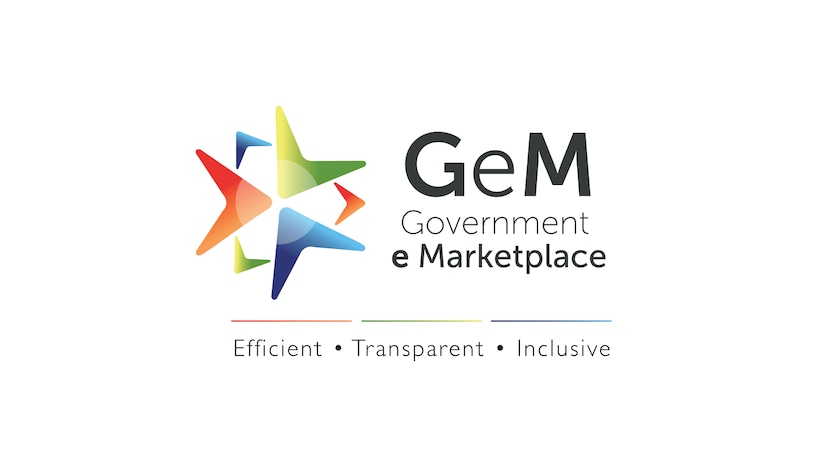
)
Government e-Marketplace (GeM)
The national public procurement portal — Government e-Marketplace (GeM) — is planning to bring work contracts under its ambit, as part of the government’s 100-day agenda.
Work contract includes service as well as transfer of goods, such as construction of buildings, roads, and setting up of plants, among others.
Currently, all central government ministries and departments can buy only goods and services on the GeM portal from registered goods and services providers.
GeM is finalising a proposal and sending it to the commerce ministry, which will seek the Union Cabinet’s approval.
“We have asked for the approval on GeM works contracts within 100 days. The department of commerce will seek the Union Cabinet’s approval,” GeM’s chief executive officer Prashant Kumar Singh said on Thursday.
A major round of consultation took place earlier this week and another one is scheduled next week. GeM has also sought the feedback of the buyers as well as construction agencies.
When rolled out, it will reduce time, standardise processes, increase transparency, and enable seamless execution of contracts.
“This reduction in transaction charges levied on the GeM platform by almost 33 per cent to 96 per cent would greatly benefit our sellers and is likely to make their offerings more competitive in the marketplace,” Singh said.
It will also result in greater transparency in the audit trail and litigation can also be reduced.
However, the idea will include a works contract in a calibrated manner and not target the entire pie in one go since the work contract is very large.
Finance Minister Nirmala Sitharmaan during the 2020 Union Budget had mentioned that GeM is heading towards being the unified procurement system for the entire country, covering goods, services, and works.
“It offers a great opportunity for Medium, Small, and Micro Enterprises (MSMEs). As many as 3.24 lakh vendors are already on this platform,” Sitharaman had said.
Another agenda of the first 100 days of the government is to float the tender for “GeM Sahayak’, Singh said.
To reach out to the last mile sellers and simplify public procurement, GeM plans to roll out ‘GeM Sahayak’ programme, which aims at creating a pan-India network of 6,000-7,000 trained and certified accredited trainers.
The Sahayaks will offer their services to potential and existing GeM sellers in navigating through the portal and enhancing business opportunities.
Buyers will also benefit from their services in terms of the creation of bids and other value-added services.
Singh also said that the platform will become the world’s largest by the end of this financial year, amid the procurement of goods and services through GeM crossing Rs 1.24 lakh crore in the first quarter of this financial year.
South Korea’s KONEPS is the largest such platform in the world, followed by GeM.
“GeM has clocked a gross merchandise value of Rs 1,24,761 lakh crore at the end of the first quarter, representing a quarter-on-quarter growth of 136 per cent over last year’s Rs 52,670 crore,” Singh told reporters in a briefing, adding that services buying had crossed Rs 80,500 during the quarter.
In 2023-24, procurement from this portal crossed Rs 4 lakh crore.
To promote the ease of doing business GeM has reduced transaction charges leviable on sellers. As per the new revenue policy of GeM, the sellers/service providers will be charged only 0.30 per cent of the order value (previously 0.45 per cent) on orders worth more than Rs 5 lakh.
He added that these transaction charges would be capped at Rs 3 lakh as against the Rs 72.50 lakh being charged earlier.
GeM is all set to deploy its generative AI-based chatbot — GeMAI — in the coming quarter, which is also part of the government’s 100-day agenda.
The AI tool was trained to provide solutions based on a nuanced analysis of queries raised by buyers and sellers through various complaints and feedback mechanisms.
First Published: Jul 11 2024 | 10:03 PM IST




